Alcohol Shakes & Tremors: When Do I Need Professional Help?
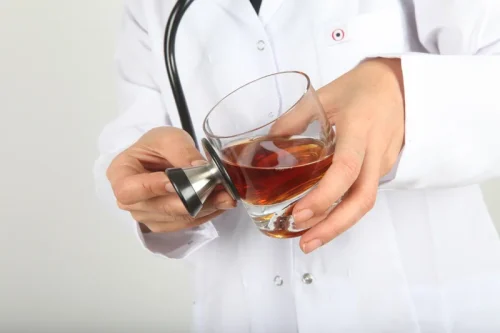
When a person stops drinking alcohol, they may experience nervous system effects such as tremors. While alcoholic shakes may be a common condition for those struggling with alcohol addiction or long-term alcohol use, they’re not something to be taken lightly. When the suppressing effect of alcohol is suddenly reduced or removed, your brain’s hyperactive state is unrestrained, leading to symptoms like shakes. Factors such as the amount and frequency of alcohol consumption, general health, and genetics can influence the severity and duration of these symptoms.
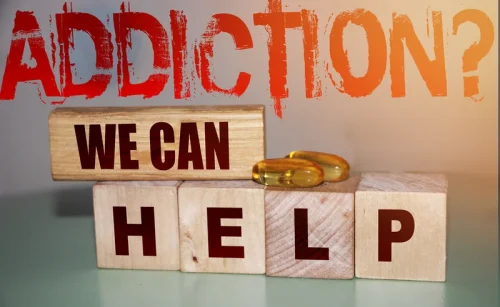
Treatment Programs
- The only way to prevent a worsening of symptoms is to quit drinking, although this should not be attempted without professional help.
- If you have stopped using alcohol, haven’t talked to your doctor, and think you might be having DTs symptoms, call 911.
- Midwest Recovery Centers believes strongly in a client-centered approach.
- This stimulation is believed to help with tremors by disrupting the network activity that causes them.
Most commonly occurring during the withdrawal phase, they can also manifest after particularly heavy drinking sessions. Sometimes, the most severe symptoms of alcohol withdrawal symptoms can be life threatening. People with a history of AUD who want to quit drinking should contact a specialist who can help them and oversee the gradual withdrawal from alcohol. Nutritional supplements, particularly those rich in B vitamins and magnesium, might be beneficial. However, it’s always advisable to consult with a healthcare provider before starting any supplementation.
What can the recovering alcoholic do to reduce tremors?
The two main causes of alcohol shakes are alcohol withdrawal symptoms and alcohol-related brain damage. Valium, Ativan, and Librium are the primary benzodiazepines used to treat alcohol withdrawal symptoms. They work well to reduce anxiety, insomnia, hallucinations, and alcohol shakes during and after medical detoxification.
Benzodiazepines for Alcohol Shakes and Withdrawal
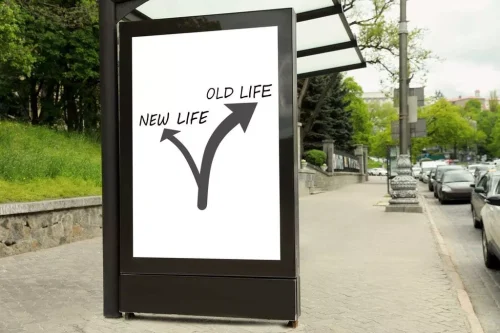
Alcohol withdrawal is most safely treated in a medically supervised environment. During this time, doctors monitor a person’s vital signs and address serious complications immediately. Alcohol-related brain damage (ARBD) or brain injury (ARBI) are brain disorders caused by long-term, heavy alcohol consumption.They usually affect people between the ages of 40 and 50.
Even with treatment, one of the possible complications of DTs is death. The risk of death is also higher if you have other severe medical conditions. The earlier a person alcohol shakes gets treatment for DTs, the better the odds of survival and a positive outcome. One of the priorities in treating this condition is to lower nervous system activity.
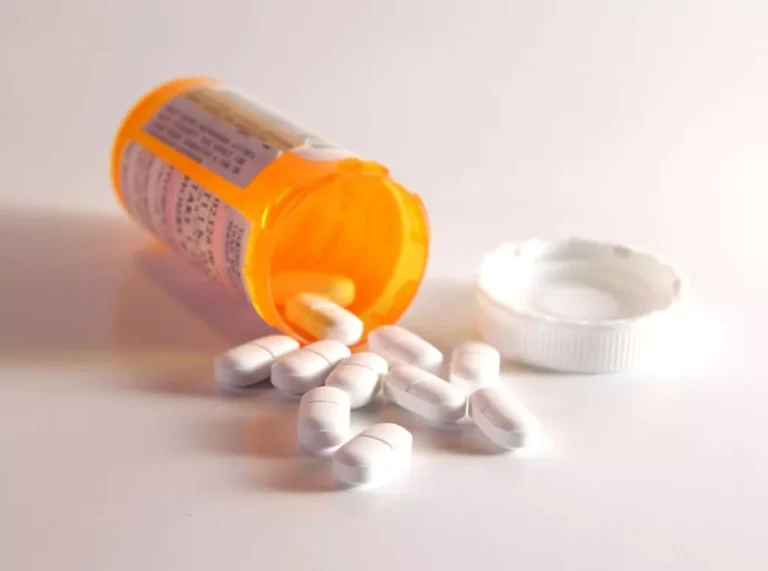
Additional Common Questions
Uncontrollable shaking, usually in the hands, is a common sign of alcohol withdrawal. The shakes also called tremors can begin 6-10 hours after the last drink, and tend to be the most pronounced from the last alcohol consumption. Alcohol withdrawal shakes can be scary, but reducing your stress and anxiety can help quite a bit.
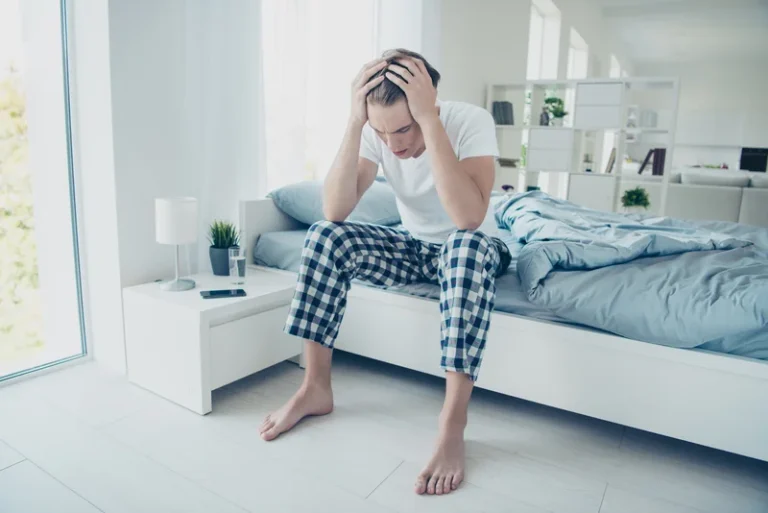
- Alcohol withdrawal symptoms range from mild but annoying to severe and life-threatening.
- Attempting to overcome alcohol addiction by going “cold turkey” is not only dangerous to your health but almost never works.
- Benzodiazepines are used to treat withdrawal symptoms such as tremors but must be used under close medical supervision, as they can be dangerous.
- Our facilities across the U.S. offer a full continuum of care, custom treatment plans, and comprehensive discharge plans to aid in the success of your recovery.
- Alcohol shakes, also known as alcohol withdrawal tremors, are a common symptom experienced during alcohol withdrawal.
The first thing you should do after seeking immediate medical attention for the alcohol shakes is to undergo detox treatment. When your detox is complete, the easiest and most beneficial way to move forward may be to start inpatient or outpatient substance abuse treatment. Diagnosing it is often a matter of ruling out other conditions that could be causing symptoms. To do this, your health care provider may suggest the following tests. Detoxing means clearing the alcohol from the body and managing withdrawal symptoms.
How helpful would you rate this article?
- Exercising regularly, eating a balanced diet, and managing stress with yoga, meditation, or other relaxation techniques can play an important role in reducing tremor frequency.
- Generally, symptoms peak when BAC hits zero, but can continue for up to 24 hours afterward.
- Unstable vital signs increase the risk of complications and can be managed with medications.
- Other symptoms of DTs include hallucinations, agitation, high blood pressure, fever and even seizures.
- Alcohol-related brain damage (ARBD) or brain injury (ARBI) are brain disorders caused by long-term, heavy alcohol consumption.They usually affect people between the ages of 40 and 50.



Deixe uma resposta
Want to join the discussion?Feel free to contribute!